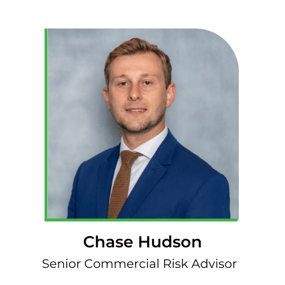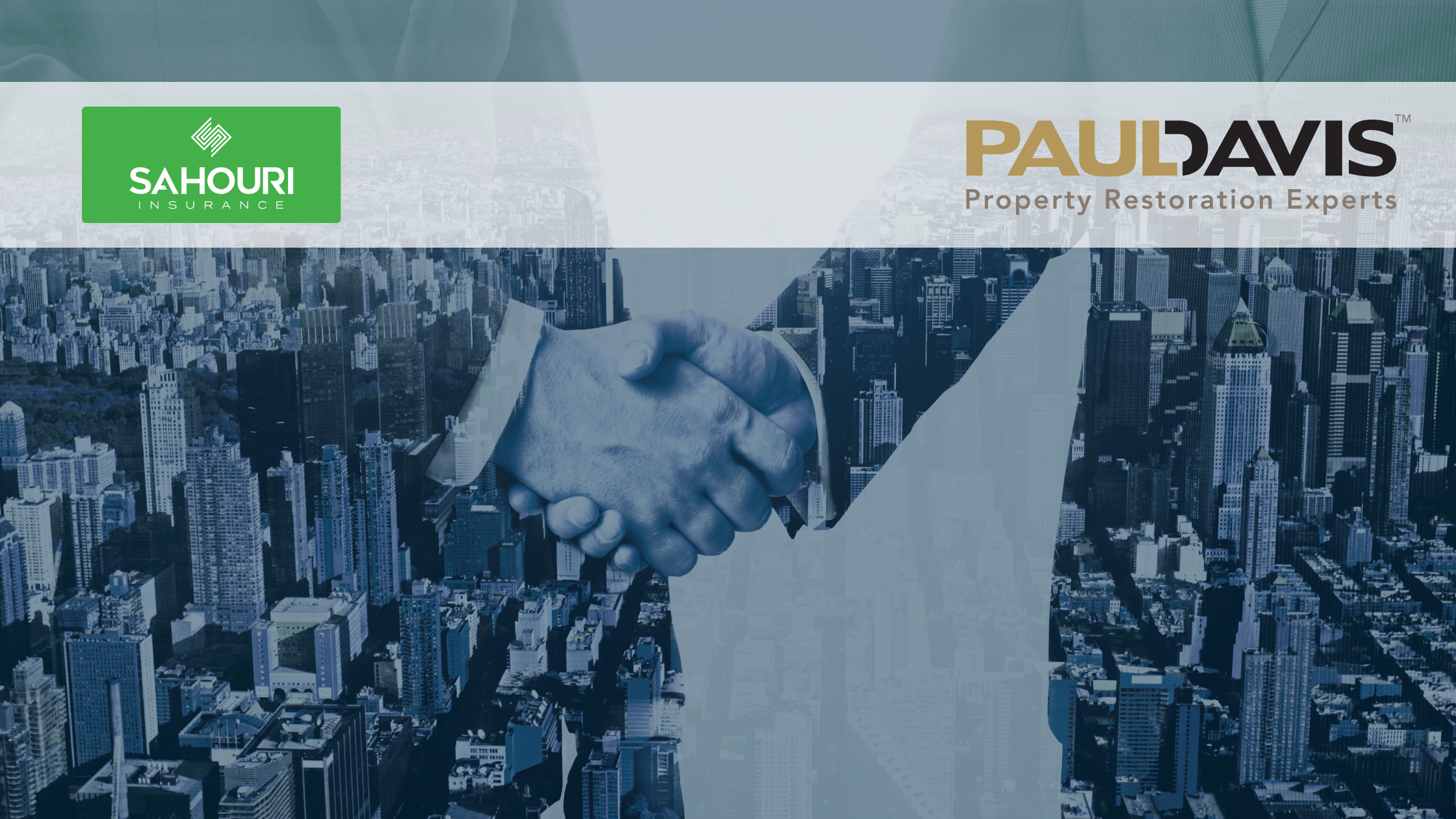
Disasters can strike anytime, leaving communities exposed and needing immediate action to respond and recover. Natural disasters like tornadoes, floods, and hurricanes, as well as incidents such as fires or significant water leaks, can present challenges that result in more complex claim situations.
Chase Hudson, Senior Commercial Risk Advisor for Sahouri Insurance, wrote the following article published in the 2024 Summer/Fall edition of The Beacon Magazine.
Before a disaster, well-defined protocols should be set. This will guide your community. Assign specific roles and responsibilities to both the board members and management team. Focus on preventative maintenance, evacuation plans, and keep updated emergency contacts on hand. Review your insurance policies annually with your broker to ensure adequate coverages are in place.
Responding to a Disaster
During a disaster, focus on life safety first. For example, in the event of a fire, make sure emergency services are responding. This may include agencies such as the American Red Cross, which can assist with housing. After a disaster, swift action is critical in obtaining the best
outcome of an insurance claim.
Once the danger subsides and any safety concerns have been addressed:
- Prevent Further Damage
Insurance policies require insureds to prevent further damage where possible. Failure to do so could result in denial or limited coverage. For example, if a major pipe burst occurs, shut off the water supply and arrange to dry out the area. - Notify the Insurance Agent or Company
Insurance claims should be reported in a timely manner with accurate information. Provide details including date, location of the loss, type of loss (Example: Flood or Fire), and information on the damages. - Obtain Estimates for Repair Work as Soon as Possible
Also, contact other appropriate professionals immediately after the loss. Remediation, repair, engineers, and attorneys are resources available for prompt and proper recovery. - Assist the Adjuster
The insurance company will typically assign an adjuster within 48 hours to manage the claim. They will need to inspect the property and obtain photos of the damages, copies of the association’s bylaws, and the estimates for repair and remediation. Adjusters rely on the association’s responsiveness to appropriately address review. Therefore, timely contact between both parties is imperative. - Organize Invoices
Once repairs are underway, confirm that invoices include clear descriptions as to the scope of work for each. Payments should not be made from the association’s general funds but from payments from the insurance company. It can be difficult to obtain additional documentation once vendors have received payment, and sometimes additional documentation is needed to close out the claim. - Consider a Public Adjuster
In the event of severe claims, consider hiring a third-party public adjuster to help streamline the claims process and maximize coverages. You should always discuss this step with your agent or broker before signing a contract. You should be aware that once a public adjuster is contracted, your agent can no longer negotiate directly with the carrier on your behalf. - Communicate and Update Residents
Disasters can be stressful and confusing situations for residents. Keep residents updated on safety protocols, recovery efforts, and any changes to the community the loss has created. - Future Prevention
After the disaster, conduct a review of the association’s response and identify areas of improvement.
Handling disaster claims requires preparation, organization, and compassion from community associations.
By establishing clear protocols, communicating effectively, and diligently managing recovery efforts, associations can minimize disruption and support residents in repairing or rebuilding the community.
About the Author

Chase Hudson is the Senior Commercial Risk Advisor for Sahouri Insurance’s Real Estate department with a focus on providing comprehensive and cost-effective insurance solutions for Community Associations throughout the Mid-Atlantic. He is a proud alumnus of Towson University with a major in Economics. In his 7 years at Sahouri Insurance, he has assisted hundreds of community associations and expanded Sahouri’s program throughout the Mid-Atlantic region. He is a heavily involved Community Associations Institute (CAI) member, sitting on four committees throughout the Chesapeake, Washington DC Metro, and Central VA chapters.
Click here to book a consultation with Chase. Click here to follow him on Linkedin.
About The Beacon
"The Chesapeake Region Chapter of CAI publishes a quarterly magazine (The Beacon) to educate members on topics that are important and timely to our industry. Articles in each issue range from budgeting tips for managers, important insurance aspects for your community association, landscaping tips and techniques, electrical safety guidelines, best practices and more!"



